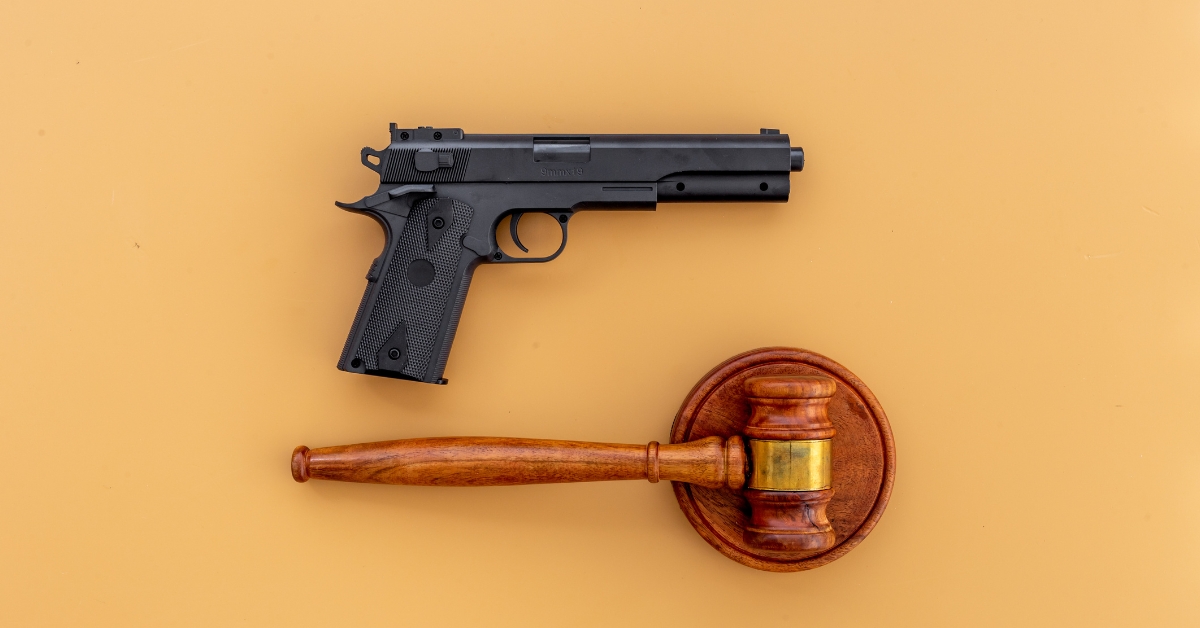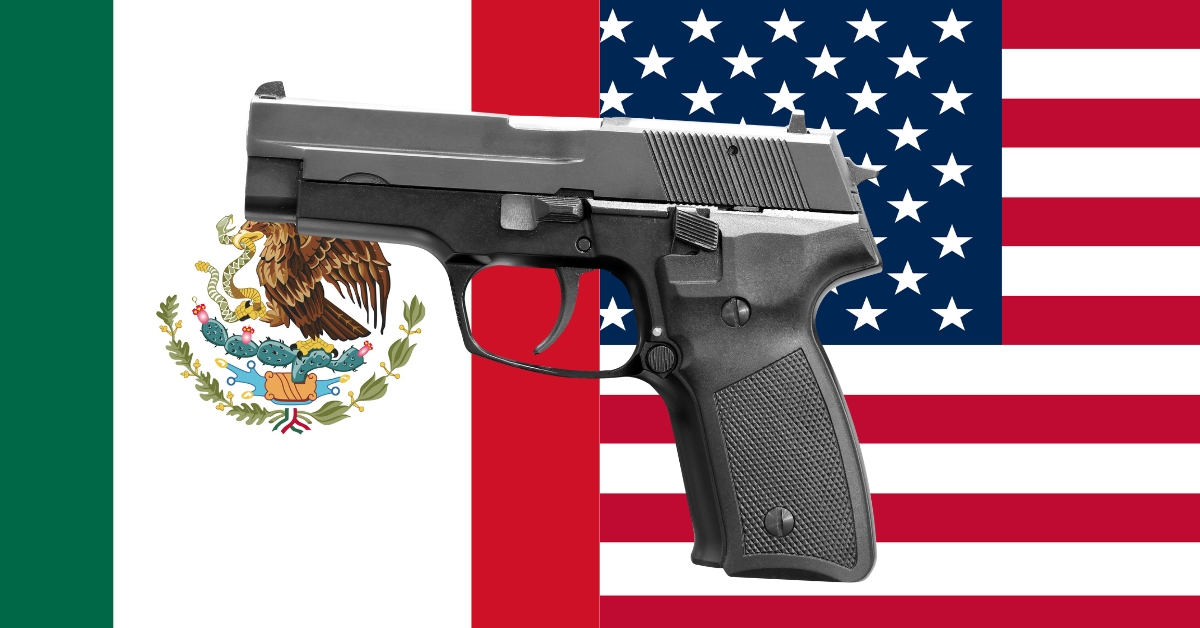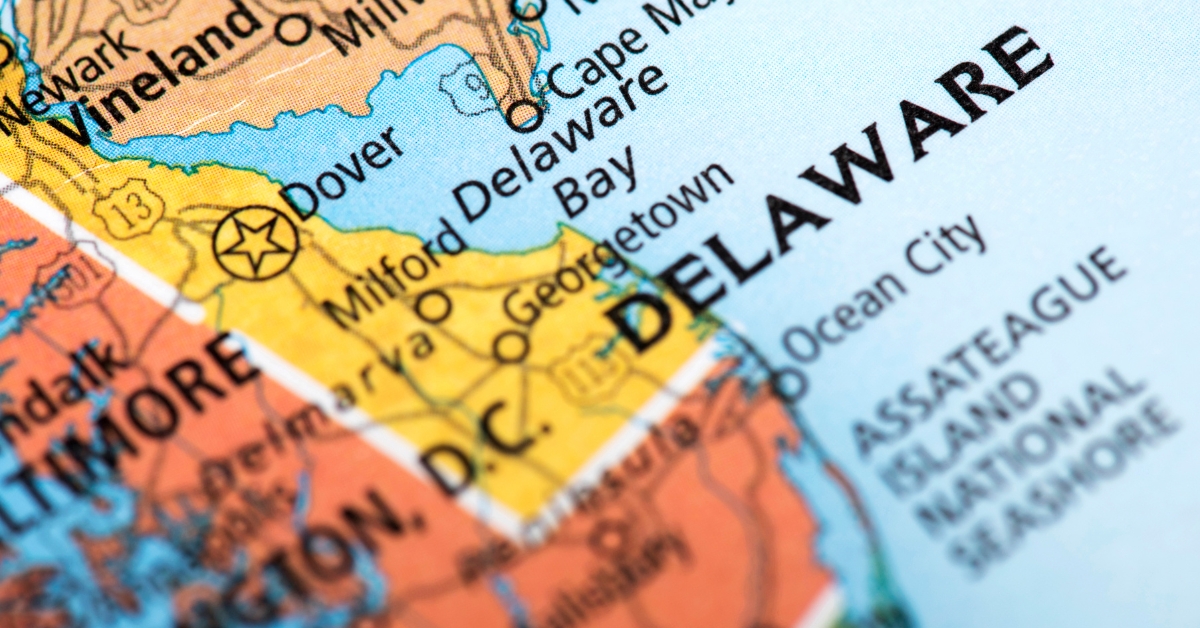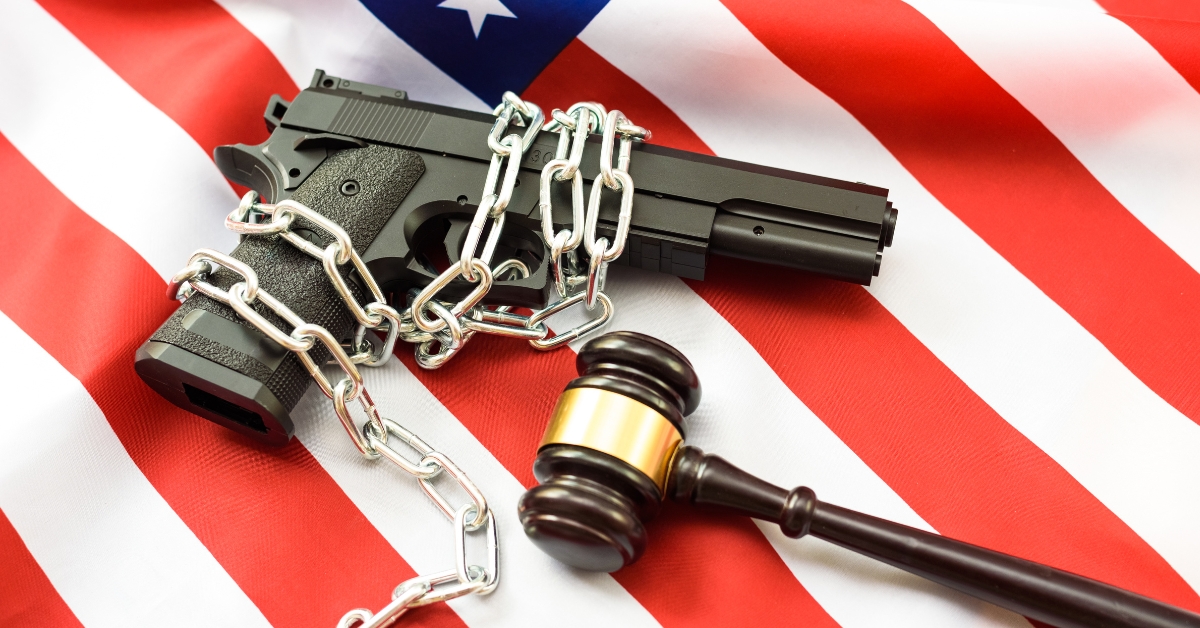
Hawaii Supreme Court Defies U.S. Supreme Court on Second Amendment Rights
In an astonishing move, the Hawaii Supreme Court has boldly positioned itself against established U.S. Supreme Court precedent on the Second Amendment, declaring there is no constitutional right to carry firearms in public within the state. This ruling not only defies three landmark decisions—New York State Rifle & Pistol Association, Inc. v. Bruen, McDonald v. City of Chicago, and District of Columbia v. Heller—but also eschews centuries of American constitutional interpretation in favor of a localized vision of gun control, rooted in what it describes as the “spirit of Aloha.”
The court’s decision to overturn a lower court’s dismissal of charges against Christopher Wilson for carrying an unregistered firearm is not just a legal anomaly; it’s a direct challenge to the Supreme Court’s authority and a negation of the individual’s right to self-defense. The ruling’s audacious rejection of foundational constitutional principles, cloaked in cultural rhetoric and historical revisionism, signifies a troubling trend of judicial activism that prioritizes ideological preferences over constitutional fidelity.
By invoking the “spirit of Aloha” as a rationale for undermining a fundamental constitutional right, the Hawaii Supreme Court has ventured into uncharted waters, effectively arguing that local cultural values supersede the Bill of Rights. This approach not only undermines the uniformity of constitutional rights across the United States but also sets a dangerous precedent for the erosion of other fundamental liberties under the guise of cultural or regional norms.
Critics, including Carrie Severino of the Judicial Crisis Network and Amy Swearer of The Heritage Foundation, have rightly condemned the ruling as an egregious overreach and a blatant disregard for Supreme Court authority. Their criticisms underscore a fundamental truth: the Constitution of the United States is the supreme law of the land, binding on all states and courts, regardless of local cultural or historical contexts.
The Hawaii Supreme Court’s decision, with its cavalier dismissal of binding precedent and its whimsical reliance on cultural arguments, represents a profound misunderstanding of the role of the judiciary in American constitutional democracy. Courts are tasked with interpreting and applying the law, not rewriting it according to contemporary cultural or political whims. This ruling not only jeopardizes the Second Amendment rights of Hawaii’s citizens but also threatens the very fabric of our constitutional order by challenging the authority of the U.S. Supreme Court and the universality of constitutional rights.
As this case inevitably makes its way to the U.S. Supreme Court, it will serve as a critical test of the judiciary’s commitment to upholding constitutional rights against the tide of judicial activism and cultural relativism. The “Aloha Spirit,” however well-intentioned, cannot and should not serve as a basis for undermining the fundamental rights enshrined in the Constitution.














